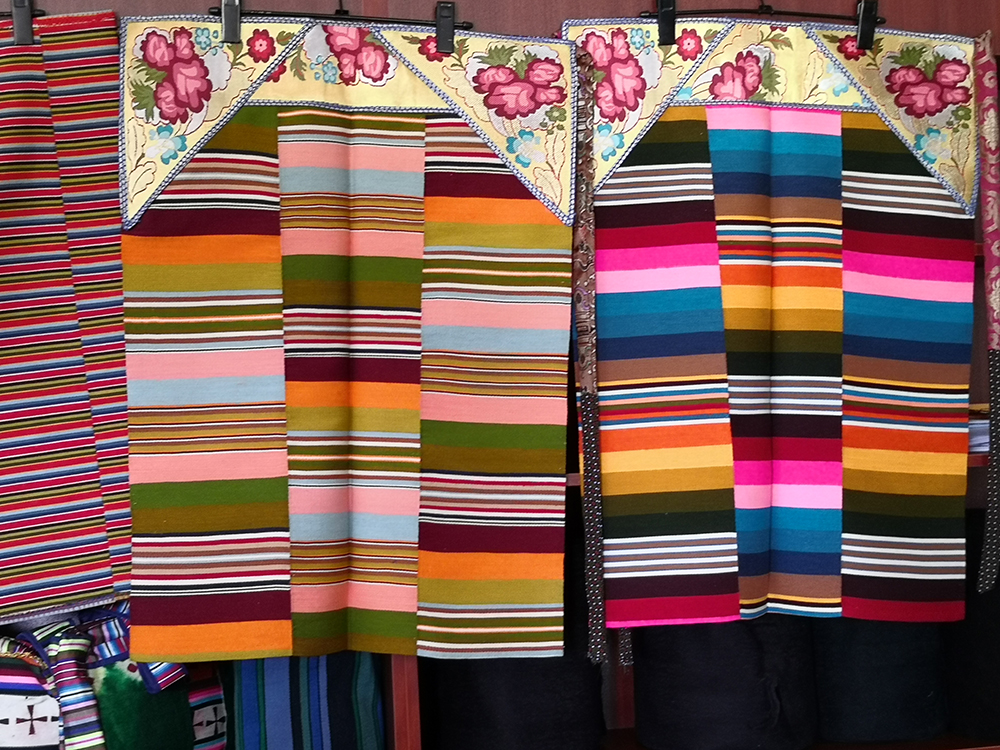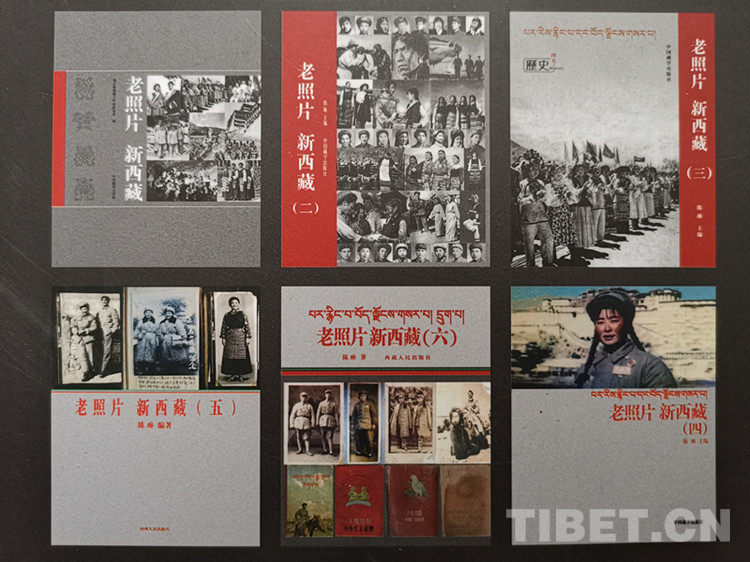Chinese embassies mark 70th founding anniversary of PRC in Europe, Africa
Chinese embassies in Hungary, Ireland, Croatia and Ethiopia on Friday hosted receptions to mark the upcoming 70th anniversary of the founding of the People's Republic of China.
In Budapest, several hundreds of guests gathering at the event also celebrated the 70th anniversary of the establishment of diplomatic relations between China and Hungary.
Chinese Ambassador to Hungary Duan Jielong said bilateral ties have "remained stable and achieved deeper development" in the past seven decades.
The pragmatic cooperation between China and Hungary is based on the common interests and actual needs of the two peoples, and cross-regional cooperation is fully conducted based on openness, transparency and mutual benefits, the ambassador said.
Marta Matrai, first officer of the Hungarian National Assembly, said that "the Hungarian leaders made a wise choice in establishing relations with China" 70 years ago, as the relations have blossomed into strong ties in economy, trade, culture, tourism and people-to-people exchanges.
"The friendship between our two peoples endured the test of time," she said, adding that Hungary is committed to further developing bilateral relations.
In Dublin, Chinese Ambassador to Ireland He Xiangdong said this year also marks the 40th anniversary of the establishment of diplomatic ties between China and Ireland, and notable progress has been made in various fields of bilateral cooperation.
Irish Minister for Justice and Equality Charlie Flanagan said the 70th anniversary "comes at a time when China is moving onto the world stage with increasing confidence."
"The changes that China has undergone over the past 70 years have been immense," he said, adding "Chinese people possess an indomitable spirit, one that will light their way into the future."
He said the ties with China are "one of Ireland's most diverse and rapidly expanding relationships" and "Ireland sees China as a major bilateral trading partner" and "a key partner for growing links in education, tourism, culture, science and technology, and research."
In Zagreb, Chinese Ambassador to Croatia Xu Erwen told the story of China's historical transformation in the past seven decades.
"We have moved away from revolution to reform, from a planned economy to a market economy and from isolation to all-round opening-up," Xu said.
China-Croatia relations have reached a historic high, Xu said, adding that leaders of both countries have maintained close contacts and exchanged visits this year.
Zeljko Reiner, deputy speaker of the Croatian parliament, said that Croatia fully supports the Belt and Road Initiative (BRI), which will boost connectivity in transport and energy between China and Europe.
"We share traditionally good political relations based on mutual trust, respect, and understanding," Reiner said.
The construction of the Peljesac bridge, the biggest infrastructure project in Croatia being built by China Road and Bridge Corporation, has further promoted Chinese-Croatian cooperation, Reiner added.
In Addis Ababa, Chinese Ambassador to Ethiopia Tan Jian said that China-Ethiopia cooperation and China-African Union (AU) relations have each made major strides in the past decades.
"We will continue to benefit from and contribute more to international cooperation, advancing the high-quality BRI. China will never close its door to the world, and it will only become more and more open," he added.
Keria Ibrahim, speaker of the Ethiopian House of Federation, spoke highly of China's achievements in poverty reduction and technological advancement as an inspiration to other developing nations.
The speaker said that Ethiopia and China enjoy long-standing, historic relations which are manifesting themselves in multifaceted political, economic, and social partnerships.
Tordeta Ratebaye, a senior official at the AU Commission, said Africans are "proud of" China's achievements in development and could learn from China's experience.
He stressed the need to strengthen Africa's partnership with China, especially in the areas of agriculture, infrastructure and energy, among others.
Tibet Stories

Naming a Tibetan serf after the founding of New China
Wang was born a serf in old Tibet's Nagqu. His parents, both beggars at the time, sent him t...

